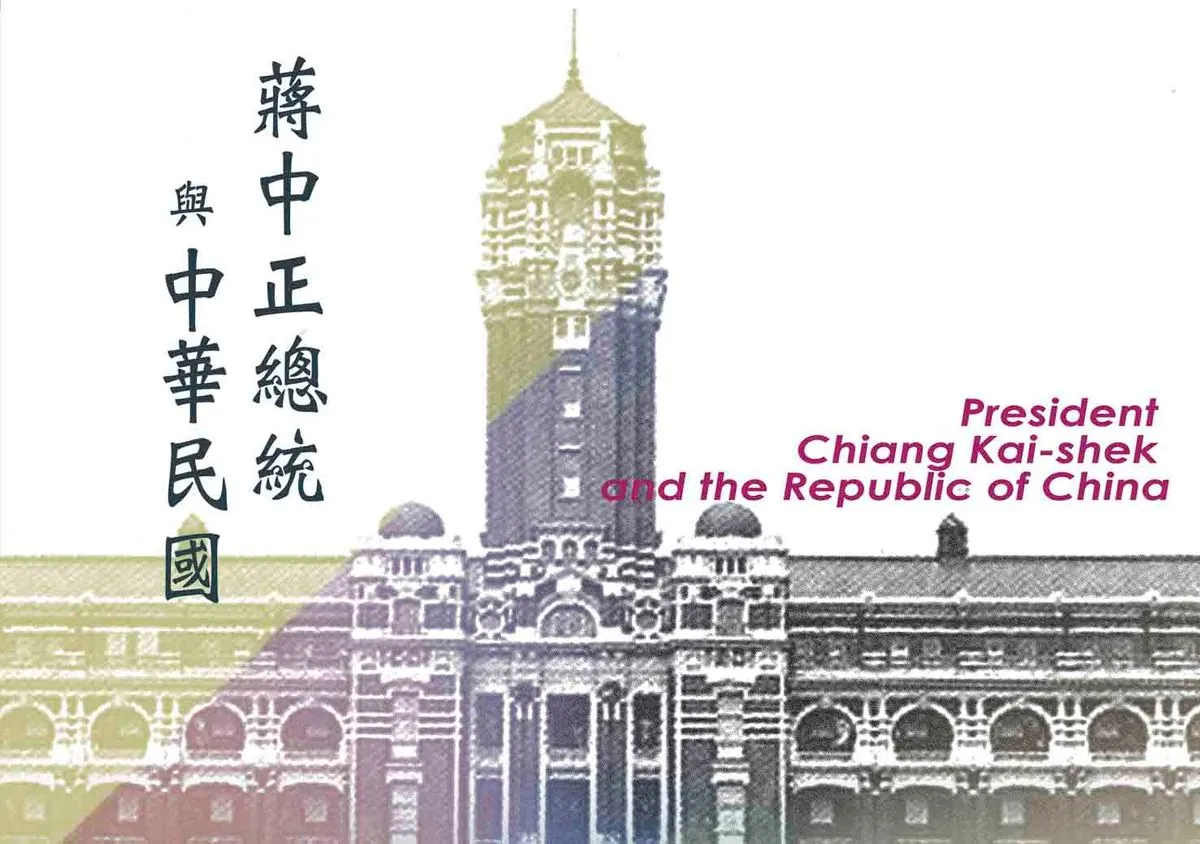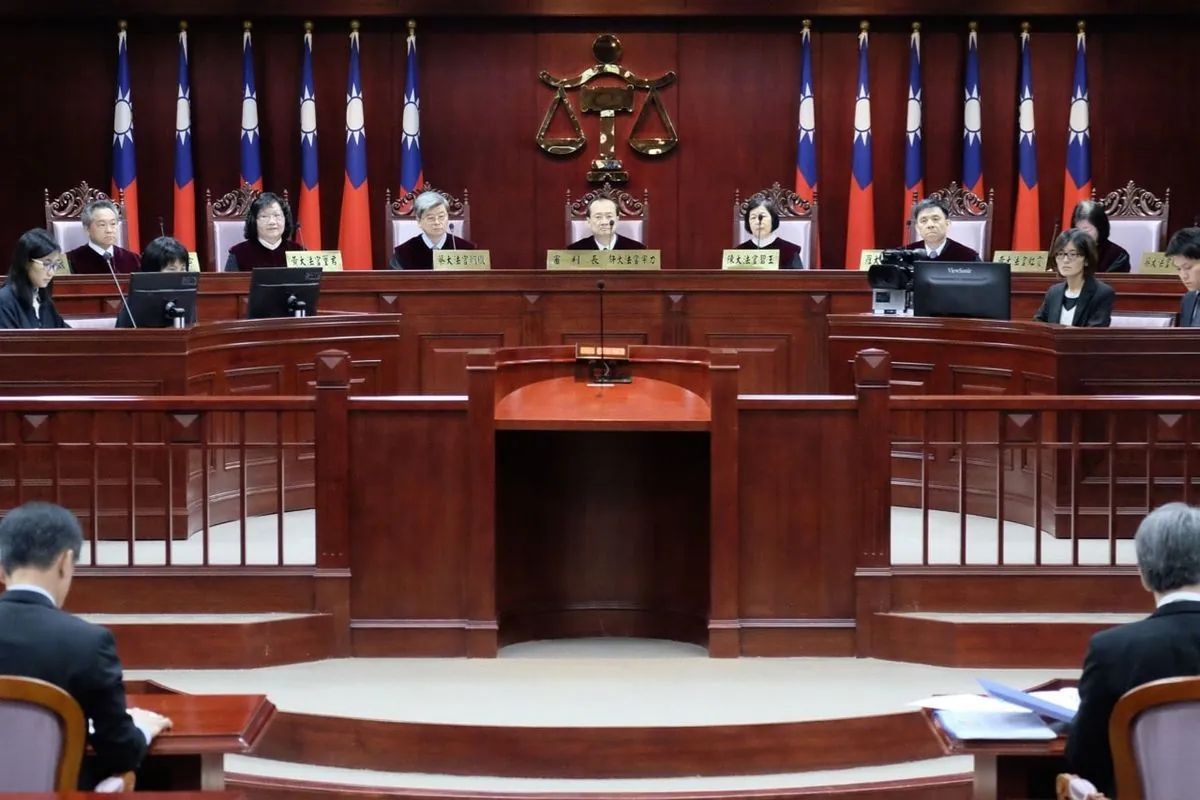Taiwan Court Upholds Death Penalty with Strict Limitations
Taiwan's constitutional court ruled the death penalty constitutional, but only for the most serious crimes. The decision sparks debate among rights groups and political parties about the future of capital punishment.

On September 15, 2024, Taiwan's constitutional court issued a significant ruling on the death penalty, declaring it constitutional but with strict limitations. The court emphasized that capital punishment should only be applied to the most serious crimes and under rigorous legal scrutiny.
This decision came in response to a petition brought by 37 individuals currently on death row. Despite Taiwan's reputation as one of Asia's most liberal democracies, public opinion polls consistently show broad support for the death penalty. However, executions have been infrequent in recent years, and the island boasts one of the lowest violent crime rates globally.
Judge Hsu Tzong-li stated that while the right to life should be protected, such protections are "not absolute." This ruling marks a crucial milestone in Taiwan's judicial system, reflecting the complex balance between human rights and public safety.

Rights groups in Taiwan expressed mixed reactions to the court's decision. The Taiwan Alliance to End the Death Penalty acknowledged some positive aspects of the ruling but questioned when Taiwan would finally abolish capital punishment altogether. They stated, "The road ahead will be even more difficult."
"When will Taiwan finally abolish the death penalty? The road ahead will be even more difficult."
The ruling has sparked a debate among political parties. Taiwan's largest opposition party, the Kuomintang, expressed regret, arguing that the court was essentially trying to abolish the death penalty against the will of most Taiwanese citizens.
It's worth noting that Taiwan, officially known as the Republic of China (ROC), has a complex history with capital punishment. The island abolished martial law in 1987 after 38 years, and its legal system is based on civil law, influenced by German and Japanese models. The Constitutional Court of Taiwan, established in 1948, plays a crucial role in interpreting the nation's laws.
Taiwan's stance on capital punishment has previously led to international criticism. In 2020, the government faced backlash from the European Union after executing a man convicted of killing six people in an arson attack. This incident occurred shortly after Taiwan received praise for donating face masks during the COVID-19 pandemic, highlighting the delicate balance between international relations and domestic policies.
As Taiwan navigates this complex issue, it's important to note that the island, with a population of about 23.5 million, has signed the International Covenant on Civil and Political Rights, which advocates for the abolition of the death penalty. However, Taiwan's unique international status, not being a member of the United Nations due to China's opposition, adds another layer of complexity to its human rights policies.
In contrast, neighboring China is estimated to carry out thousands of executions annually, although the government does not publish official figures. This stark difference underscores the ongoing debate about capital punishment in the region and globally.
As Taiwan continues to grapple with this issue, the constitutional court's ruling serves as a pivotal moment in the nation's ongoing dialogue about justice, human rights, and the role of capital punishment in modern society.


































